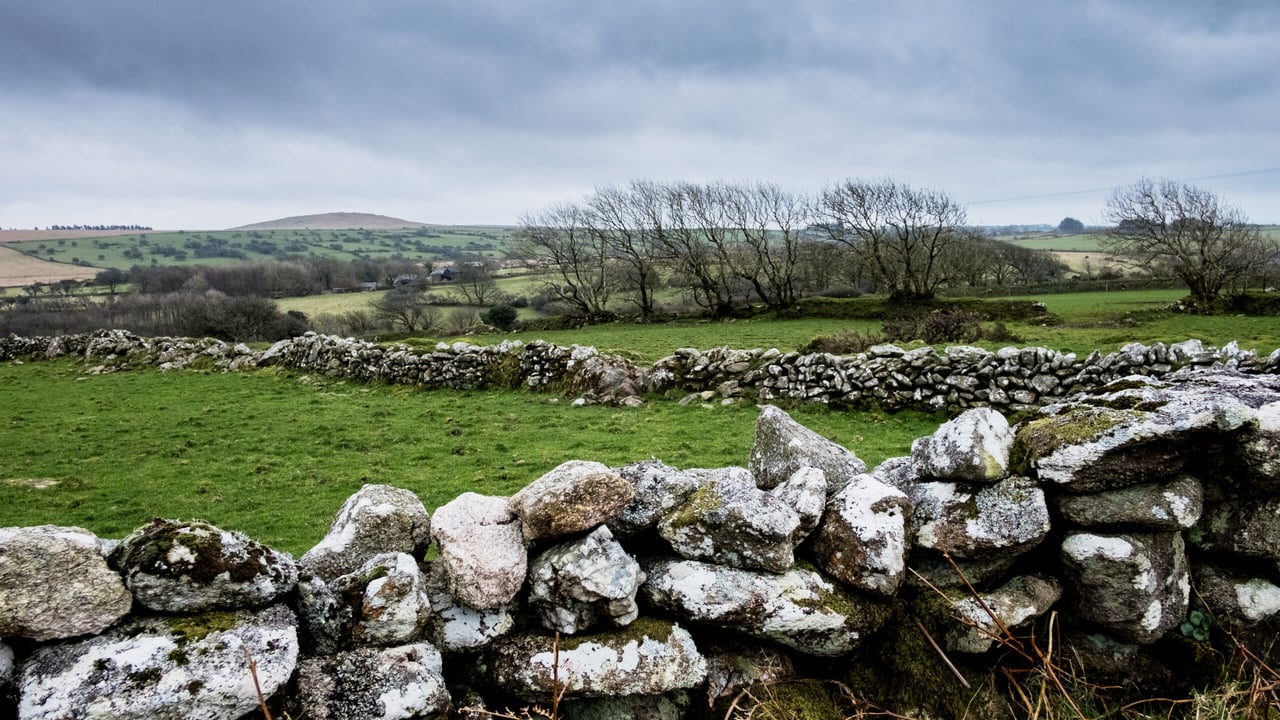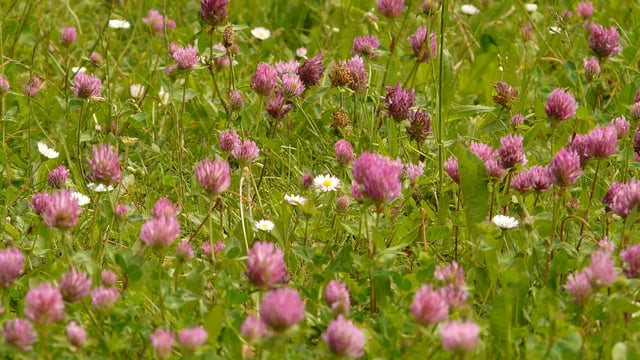New EU 'Vision for Agriculture' aims to tackle below-cost selling
The European Commission has published its Vision for Agriculture and Food for the EU, which it said aims to ensure farmers are not forced to "systematically" sell their products below production costs.
The Vision for Agriculture and Food is described as a "roadmap" for the future of farming and food in the EU.
The commission said that the vision aims to increase the attractiveness, competitiveness and resilience of the EU agri-sector, as well as to "future-proof" it for future generations.
The new vision - the key details of which Agriland reported on last week - has been developed in response to a number of factors ,including farmer protests across Europe last year and a challenging geo-political environment, particularly the war in Ukraine.
The commission said that simplifying policies and increasing the uptake of innovation and digitalisation are "pre-requisites" to all actions outlined in the vision.
The commission also said that, later in 2025, it will propose a comprehensive simplification package for the current agricultural legislative framework, along with an EU digital strategy for agriculture to support the transition to "digital-ready" farming.
The new Vision for Agriculture document includes four "priority areas":
- An attractive sector;
- A competitive and resilient sector;
- A future-proofed sector;
- Fair living and working conditions in rural areas.
On making the sector more attractive, the commission said farming must have the necessary stability to encourage young people to enter the profession, including through fair incomes and better-targeted public support.
"They also need to be actively supported to reap the benefits of innovation and new business models, including from carbon and nature credits, as complementary sources of income," the commission said.
The commission said it is committed to ensuring that farmers are not forced to systematically sell their products below production costs, and will take concrete action to that end, including through the review of the Unfair Trading Practices Directive.
The commission will also present a Generational Renewal Strategy for agriculture in 2025, with recommendations on measures needed both at the EU and national/regional level to address the barriers to young and new people entering the profession.
On competitiveness and resilience, the vision aims to continue to prioritise food security and sovereignty in various ways. Trade negotiations and agreements "will be used to their full extent, while protecting the interests of European farmers".
The vision also promotes a stronger alignment of production standards for imported products, and, for that reason, the commission will start taking steps in 2025 to ensure greater coherences in standards when it comes to the hazardous pesticides banned in the EU and on animal welfare.
The commission also said it will reinforce its focus on livestock to foster the long-term future of the sector.
Across the priorities of future-proofing the sector and fair living and working conditions, the vision outlines the following aims:
- Reconciling climate action with food security and the specific challenges faced by the sector;
- Considering any further ban on the use of pesticides if alternatives are not available in a reasonable time; and streamlining access to biopesticides in the EU market;
- Developing a voluntary benchmarking system, the ‘on-farm sustainability compass’, to help farmers measure and improve their farm-level performance;
- Preparing a Water Resilience Strategy to address the need for more efficient water uses;
- Coming forward with an updated Rural Action Plan to ensure that rural areas remain "vibrant, functional, and deeply linked to the EU’s cultural and natural heritage";
- Launching an annual Food Dialogue involving consumers, farmers, industry and public authorities to find solutions for issues such as food affordability and innovation;
- Reducing food waste and addressing societal concerns for animal welfare will also be closely looked at by the commission going forward.
The commission also claimed that the future Common Agricultural Policy (CAP) will be "simpler and more targeted", with support more directed towards farmers who actively engage in food production, with a particular focus on young farmers and those farming in areas of natural constraints.
Incentives, rather than conditions, will be favoured, according to the commission.
Commenting on the EU Vision for Agriculture and Food, European Commission President Ursula von der Leyen said: "Our farmers take centre stage in the EU’s food production system. It is thanks to their daily, hard work that all of us have safe and high-quality food.
"Yet, our farmers face the growing challenges of global competition and climate change. That is why today, we are offering a comprehensive strategy that makes farming more attractive, more resilient and more sustainable."
European Commissioner for Agriculture Christophe Hansen said: "Food and farming are vital for Europe's people, economy and society. We need the agri-food sector to flourish and compete in a fair global marketplace, with enough resilience to cope with crises and shocks.
"We must also ensure our own food sovereignty, given the risks and vulnerabilities of today's fast-changing world. The roadmap we are presenting today sets out the path for tackling the many pressures that EU farmers face," Commissioner Hansen said.
"It will make the sector more sustainable and help agriculture to remain an attractive and remunerative sector so that enough young people join the profession.... It will allow agriculture to continue playing a full part in the EU's efforts to combat the effects of climate change.
"By respecting our diversity with a tailored approach, and by consulting with all parties involved, it will help us to shape an attractive farming and food sector for generations to come," Commissioner Hansen added.





